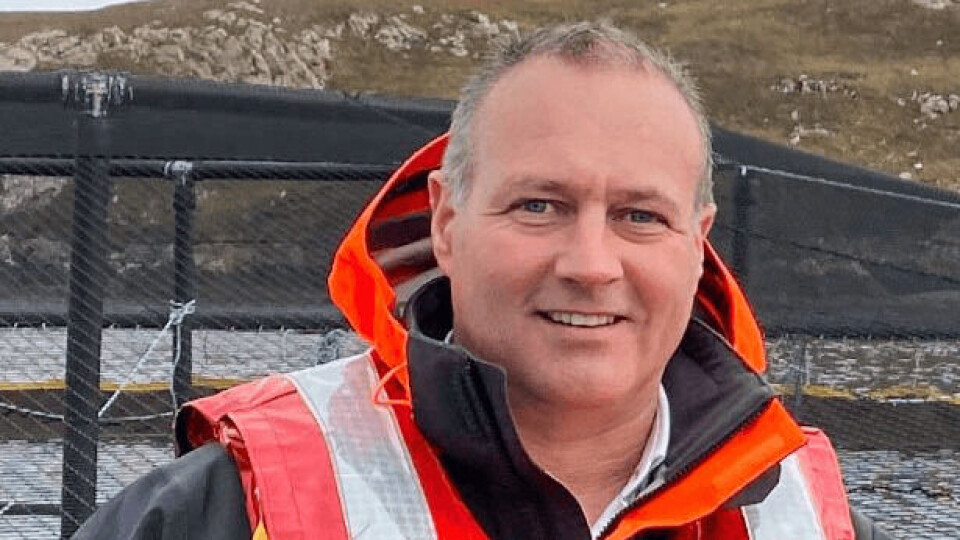
Looking back, thinking ahead: Graham Smith
Fish Farming Expert has asked individuals connected to the salmon farming industry about their year, and what they hope for in 2022. We conclude the series with Graham Smith, an experienced former fish farmer who is now general manager for aquaculture supplier ScaleAQ in the UK and Ireland.
2021 was a record year for the Scottish salmon industry in terms of harvests, but more volume doesn’t necessarily mean bigger profits for farmers or suppliers. How did your company fared last year?
Despite being restricted in our ability to see customers and host events in the first quarter of the year, due to the ongoing Covid-19 situation, we have still had a reasonably strong year, with several new opportunities in place for 2022. Having met with customers in the last quarter, we are continuing to build up a strong foundation with both our Scottish and Irish clients as we focus on the long-term development of the UK company. With travel restrictions in place for at least the first part of the year, we had to once again rely on working remotely via video conference platforms for a lot of meetings with our colleagues across our global network of product specialists. However, we have still maintained a strong local presence throughout the year which is a key priority for all our customers.
What was the most significant event of 2021 for your company?
The Arnish site is one of the first building blocks for us in ScaleAQ to build a stronger local presence, with additional strengthening of our service support platform across the UK and Ireland.
What are the most significant challenges and opportunities facing the salmon farming industry in the coming year?
Once again environmental challenges dominated the headlines during 2021. I believe the industry needs to continue to focus on reducing the time in open pens where possible, at the same time as embracing new concepts. Using closed-pen systems as part of the production cycle will help improve fish health and welfare and introducing precision aquaculture technology in open pens will help automate operations based on data collected at farm and pen level.
Recruitment and retention of staff in small communities is another significant growing challenge the industry is facing. Everyone across the sector must work collectively to find creative ways to solve these issues through a combination of measures, including more automation where there is a skills gap as the industry continues to grow.























































